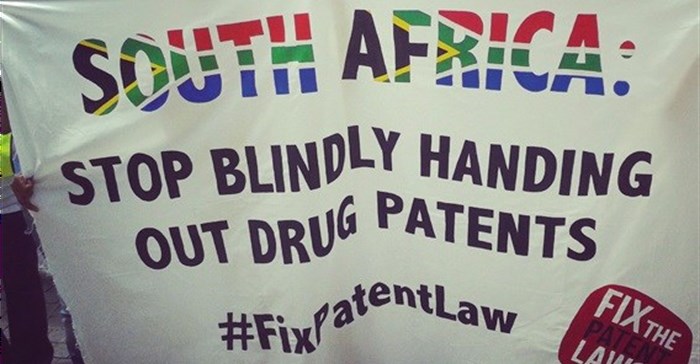






Background
The laws applying to patents on medicines is convoluted to say the least. In the mid-90s the Trips Agreement (Trade-Related Aspects of Intellectual Property Rights) was introduced by the World Trade Organisation, thanks to heavy lobbying from the US and other developed countries, which basically allowed them to control the manufacture and prices of their patented intellectual property in other regions of the world.
The Aids pandemic in Africa challenged the principles of Trips on the basis that the high prices of antiretrovirals, dictated by big drug manufacturers, was denying countless people access to medicines.
This led to the Doha Declaration in 2001, which did not rescind Trips, but provided a means of circumventing patent rights for better access to essential medicines.
At the same time, South Africa took steps to break the patent-related pricing monopoly on antiretrovirals by amending its Medicines and Related Substances Control Act, (Act 101 1965) introducing Section 15C, titled “Measures to ensure supply of more affordable medicines.” This section was introduced to provide for parallel importation and compulsory licensing.
This was legally challenged by Big Pharma, but thanks to public pressure and activism, the proceedings were dropped.
However, currently in South Africa, obtaining a compulsory licence requires a judicial process which is a lengthy process and because it involves litigation, it is an expensive process, says Catherine Tomlinson, an access to medicine advocate.
“In July 2016, the South African cabinet approved a new intellectual property (IP) policy consultative framework, which aims to promote competition and ensure the levelling of the playing field in the area of public health and intellectual property rights,” Fix The Patent Laws says.
“The new IP policy framework takes a consultative approach that seeks to include all relevant stakeholders, which includes government, the pharmaceutical industry, NGOs and the general public.”
This proposed framework means changes to the country’s existing patent laws.
According Tomlinson, the problem lies with the ease in which patents are granted in South Africa. “The country granted 2,442 pharmaceutical patents in 2008 alone, while Brazil only granted 278 pharmaceutical patents between 2005 and 2008,” she says.
In addition, South Africa has a depository system for patents, so it can remain in force on the patent register long after the original patent has expired, making it difficult for generics to be introduced into the market and thereby lowering the price of the product.
"To remove a drug or challenge the validity of the patent is a drawn-out, costly legal road, so part of the policy will be to introduce substantive search and examination and opposition proceedings to ensure that only quality patents remain on our registers.
